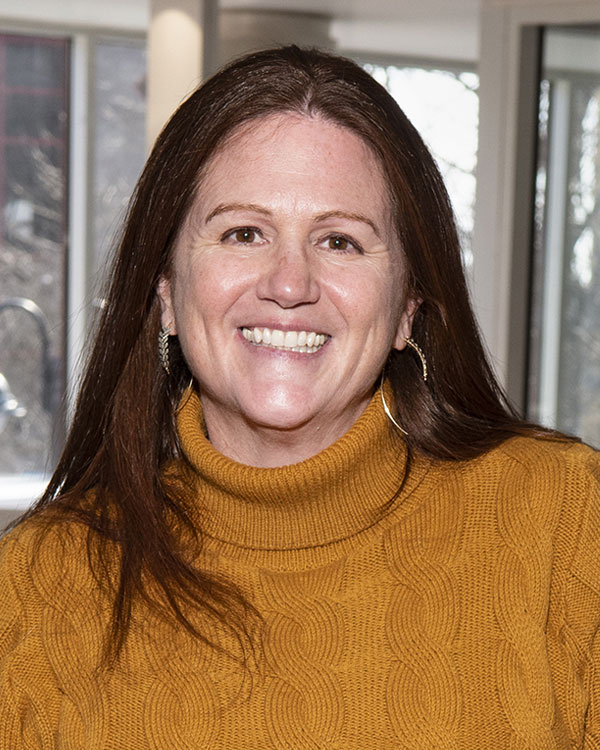Why obtain a master’s degree in mental health counseling?
There are many reasons to pursue a master’s degree in mental health counseling including:
In most states, mental health counselors can obtain licensure and open a private practice
in about two years after graduation (after completing supervision hours).
Program coursework usually requires only 2-3 years to complete.
Some programs, such as PCOM’s MS in Mental Health Counseling program offer flexible schedules which allow students to continue working while pursuing
a degree.
A degree in mental health counseling can be more cost-effective because students are
only paying for 60 credits (as opposed to 90+ for a doctoral degree).
Reimbursement rates for clinical services (once licensed) are similar to that of other professions.
A master’s in mental health counseling provides varied career opportunities (see video).


